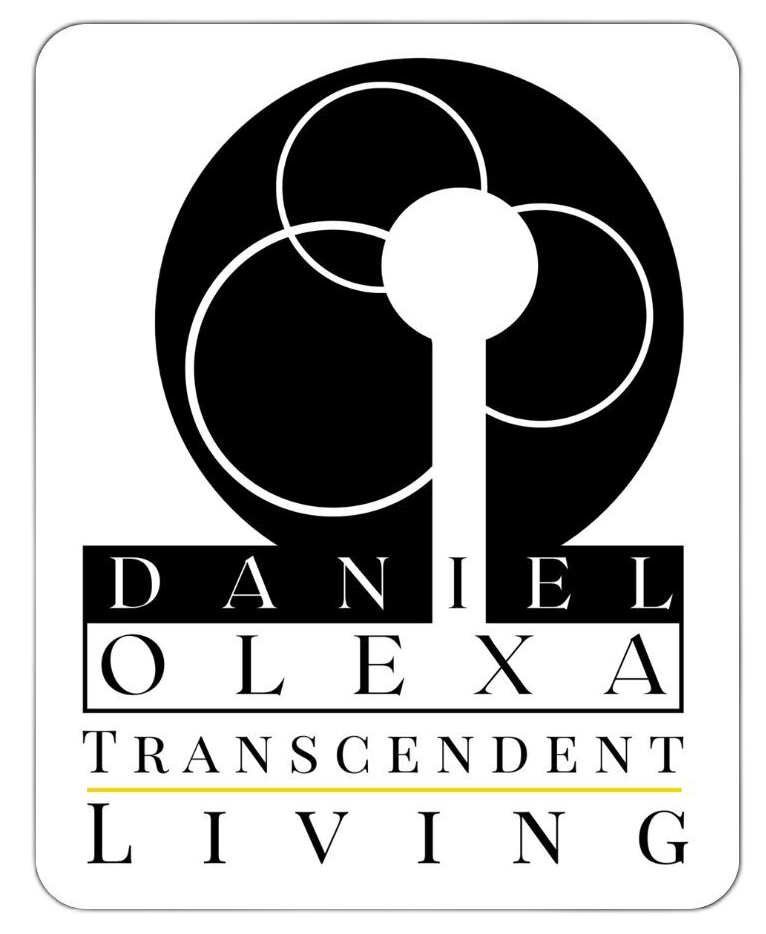Hypnotherapy Myth #4: Hypnosis is a Panacea
How committed are you to making a change in your life? Are you committed to doing the work to improve your life?
Are you willing to take the time and responsibility to make the change lasting and effective, or are you looking for a quick fix that will solve all of your problems?
If you answered the latter, hypnosis is not for you. When you do find the quick-fix, please write to me and let me know where you find it. I'll be happy to bottle it with you so we can sell it to everyone else.
Evolving out of the misconception of control presented in my previous article, our topic for today is the myth that hypnosis is a panacea and can cure anything in just a session or two. To summarize another recent article, the hypnotist has no control over the client. He/she does not have any magical powers. The client is fully aware and fully in control throughout the session.
The choices that you make, both during and after your session, are yours. Hypnosis may help you make different decisions than you would have made without engaging in a session or sessions, but ultimately, you are in control of your choices.
I am merely a facilitator. I use hypnosis to bring my clients resolutions in regards to their issues. Just as with any other form of therapy, the client still has work to do in fully creating their positive outcome.
When my clients come to me, many ask, “So how many sessions do you think it will take (to fix my problem)?”
They look dissatisfied with me when I respond that it depends. It sounds like the answer of a waffling politician, but it is an honest one. Much of the client's success in creating their outcome depends on them. They are looking for a quick solution and think hypnosis will provide it. They are asking for release from an issue that they have carried with them for years and just want it to magically go away.
In contrast, these same clients would not go to a psychiatrist or psychologist with the same problem and expect that practitioner to provide them with relief in just one visit. They would commit to months of years of weekly sessions to understand and solve their behavior.
How effective is hypnosis? Let's look at the published results from Alfred A. Barrios, Ph.D published in Psychotherapy: Theory Research and Practice, Volume 7, Number 1, Spring, 1970:
Hypnotherapy — 93% success rate after 6 sessions
Behavior Therapy — 72% success rate after 22 sessions
Psychotherapy — 38% success rate after 600 sessions
Let's look at this in terms of physics. Inertia is the tendency of a body to remain at rest or in motion. In many cases, the issues that a client comes to me with are superficial symptoms of a deeper problem. As we work together, different topics come to the surface. It is much like peeling an onion and finding new layers under the preceding one.
If the issue has been sleeping under the surface for years, it may take longer to resolve than one that has suddenly arisen.
Our goal is to get to the core belief that is at the heart of the problem. By resolving the negative core belief, the client is empowered to move forward with their life in a new, positive direction.
It is true that hypnosis will likely uncover and resolve the issue faster, because with hypnosis the client is being given direct access to his/her subconscious mind. The subconscious is where the issue is stored, where the beliefs and emotions that are driving the issue are stored and where the healing must take place. As seen in the statistics above, psychotherapy may eventually reach this point for the client through repetition of discussion, but it will take more time than a direct approach used in hypnotherapy.
In the end, the speed of the relief is relative the the desire and commitment of the client to resolve it. If the client has a mindset of success, they will achieve their goals faster than a client who sees challenges as larger than their achievement.
Consider this:
How long have you had a bad habit, such as smoking, that you want to be free of; or how long have you dreamed of fearlessly speaking in public? Maybe you have wanted to lose weight. For how longhave you tried to lose, or lost and regained that same five, ten or twenty pounds?
I'm betting that the answer is numbered in years, possibly a decade or more.
Yet, as human beings, we expect change to occur overnight. There is a part of us that says, “Well, I want it now. Anything else is unacceptable.”
From this mindset, we create our pattern of failure. If a belief has been embedded in our mind for years, why do we think it should be altered immediately?
Mainly because we've been programmed over the years to expect quick results and, as human beings, we focus too much on what we don'thave rather than our successes.
If you are a pack-a-day smoker (that's 20 cigarettes a day, for you non-smokers) and after your first hypnosis session you smoke 18 cigarettes, that's a win. You've reduced your intake by 10%. Yet most people will view that as a failure because they wanted to quit cold-turkey. Instead of building on success, they focus on failure and remain in a downward spiral.
As with so much of life, we take out of it what we put in. If you are committed to improvement, you will be successful. I can provide you with tools to make the process easier.
It is my job to help my clients focus on success. Small steps or large ones, we will win together.
What habit do you want to change? Contact me and we'll discuss creating your winning mindset for success.

